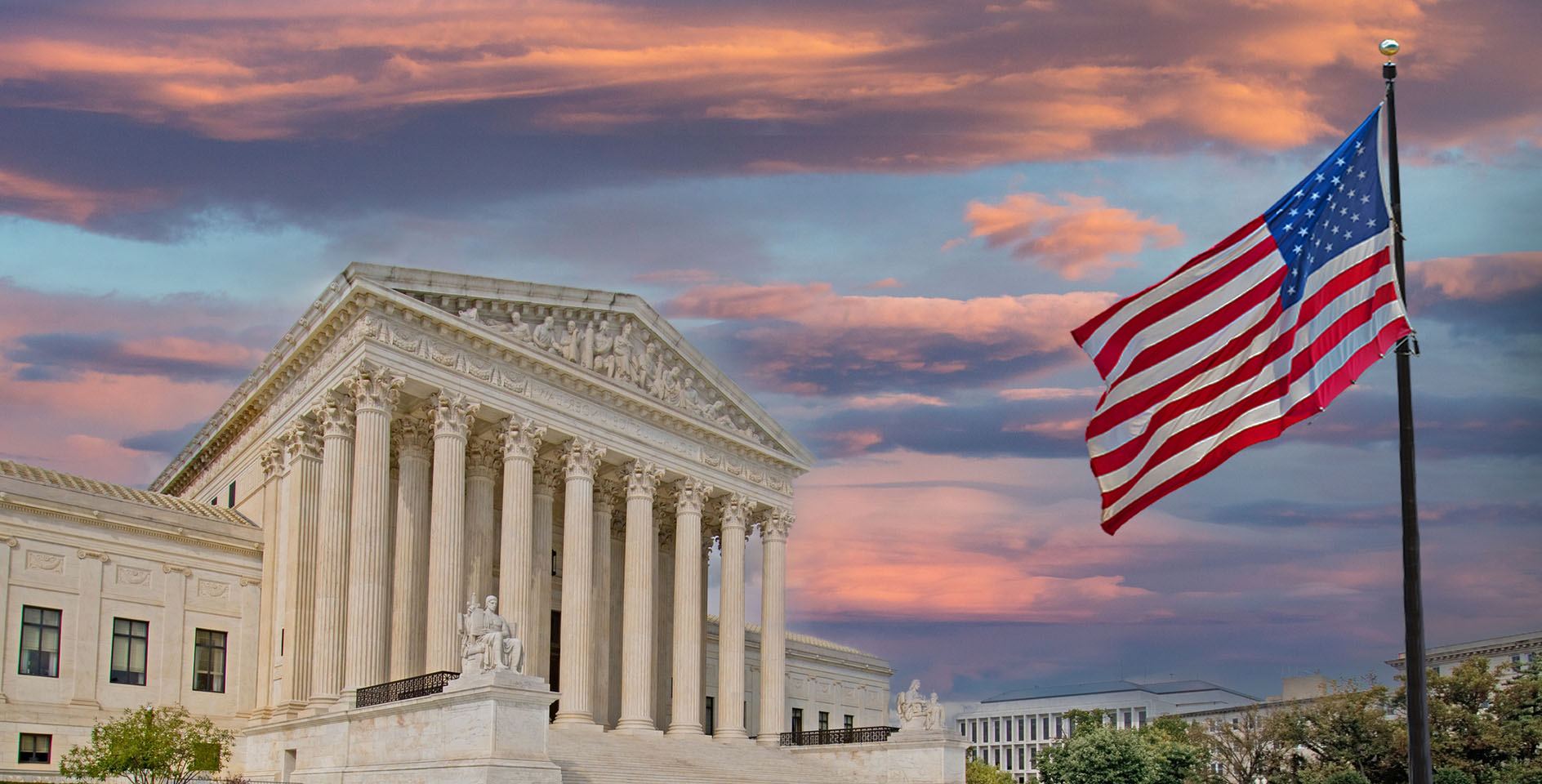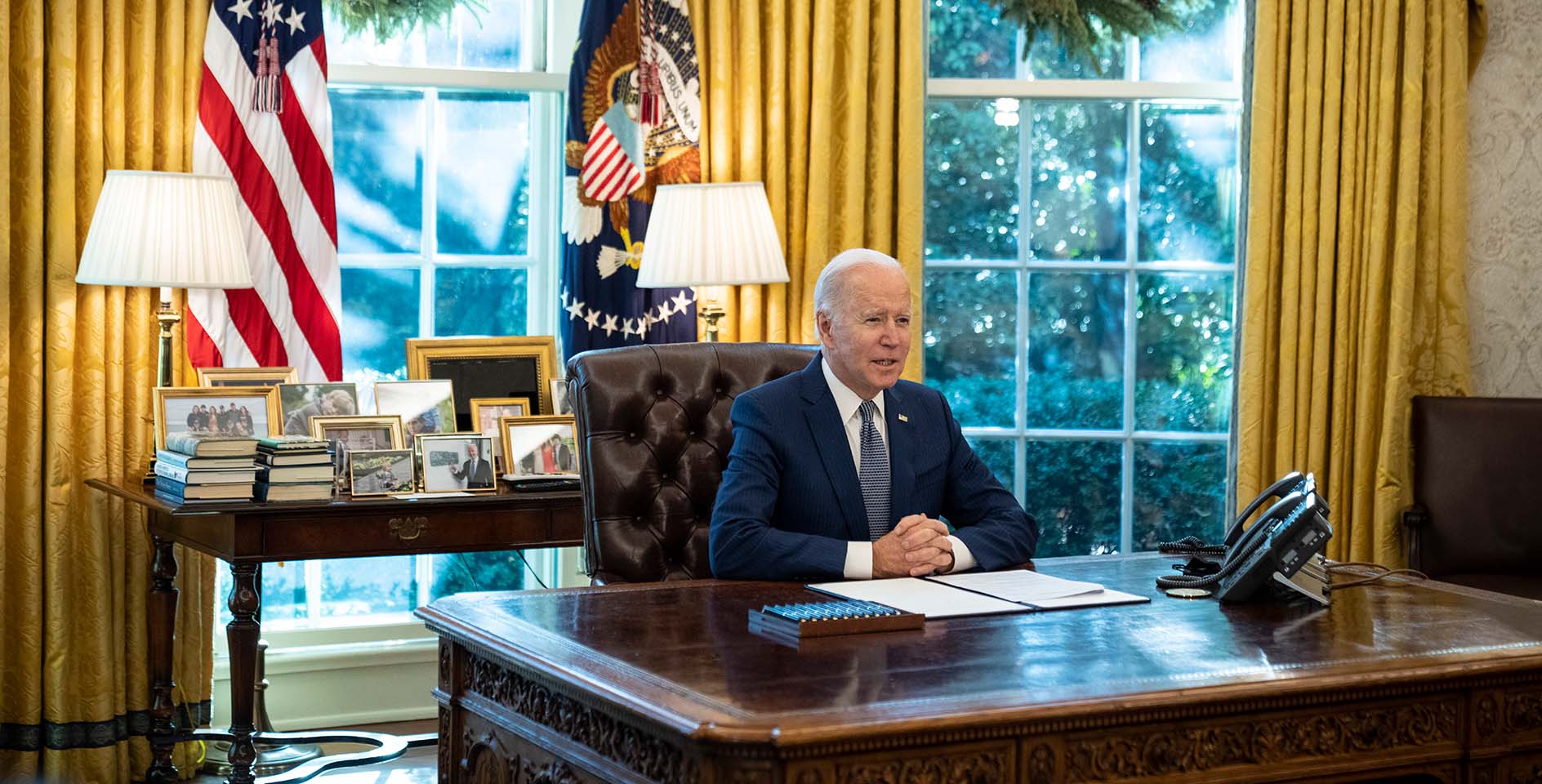On April 18, the U.S. Supreme Court heard oral arguments in Groff v. Dejoy, a case dealing with religious accommodations in the workplace. This case, which centers around a Christian postal worker who wishes to observe the Sabbath, puts before the court a question of what burden employers must meet before denying religious accommodations to their employees.
This case has significant implications for the religious liberty of Southern Baptists and people of all faiths. The ERLC filed an amicus brief in the case urging the court to raise the burden currently placed on employers to allow for greater religious accommodations in the workplace. A decision in this case is expected in June.
The quick background
Gerald Groff began working as a United States Postal Service (USPS) carrier in 2012, and as a Christian, is compelled by his religious beliefs to observe the Sunday Sabbath. After USPS began delivering packages on Sunday for Amazon, Groff offered to take extra shifts on weekdays and holidays to avoid working on his Sabbath. USPS initially granted him an accommodation but then changed its mind and began scheduling Groff for Sunday work. Groff refused to violate his faith, and faced termination until he ultimately resigned in 2019.
Why does this case matter?
Southern Baptists believe that we cannot separate our vocation from our deeply held beliefs. Our whole lives, including our work, is done as service to the Lord. Employers must be required to do more in accommodating the needs of religious employees to allow them to continue serving in their vocation without compromising their beliefs. Religious liberty protects not only our freedom to believe but also our freedom to live out those beliefs in the public square.
As Southern Baptists, we also believe that religious liberty applies to all people of all faiths. Religious accommodations are especially vital for members of minority religious. During today’s arguments, Justice Alito noted the unity from all religious groups in their amicus briefs arguing that the current status quo is not working in protecting religious liberty. Any Howe, a Supreme Court analyst, summarizes this argument made by several amicus briefs filed by various minority religions:
Members of minority religions . . . are more likely to require accommodations in the workplace – for example, because businesses and the government may not be closed to observe religious holidays in the same way that they do for Sundays or Christian holidays like Christmas and Easter. But at the same time . . . religious minorities are also less likely to receive those accommodations, because employers can meet the “de minimis” standard so easily. As a result, the groups say, the current interpretation of the “undue hardship” provision requires many religious minorities to choose between their faith and their jobs.
The harmful Hardison decision
Title VII of the 1964 Civil Rights Act requires that employers “reasonably” accommodate their employees’ religious observance unless doing so would cause “undue hardship” on the employer’s business. However, a 1977 Supreme Court decision in Trans World Airlines v. Hardison limited and distorted the requirements of employers to reasonably accommodate employees’ religious beliefs and practices by allowing employers to prove only a minimal burden to deny accommodations.
This harmful decision in Hardison was, in part, built on the Lemon test, a three-part test from a 1971 ruling that determined when a law was in violation of the Establishment Clause. This test often disfavored religious liberty and was overturned last year in the Coach Kennedy case.
Groff’s case before the Supreme Court has the opportunity to revisit Hardison in light of new court precedent. Overturning the “more-than-de-minimis-cost” test in Hardison would be a major victory for religious employees nationwide and restore important protections for people of faith in the workplace.
It is important to note that no one is asking the court to establish a standard where religious employees can use their faith to evade work responsibilities whenever convenient. Whatever test that is established by the court will have to be contextualized and will still take into account the needs of the business. Groff, and our brief in support of him, advocates for simply raising the bar for what employers must do in trying to accommodate the needs of their religious employees.
How has the ERLC been involved?
The ERLC filed an amicus brief alongside other religious organizations arguing that Hardison should be overturned and that employers must meet a higher burden before denying accommodations to their employees. As our brief argues:
Correctly interpreted, Title VII’s mandate to accommodate employees’ religion affirms this Nation’s fundamental commitment to religious freedom. That mandate embodies a careful balance between the right of workers to practice their religion without sacrificing their jobs and the ability of employers to maintain an effective workplace. Hardison destroyed that balance by creating a legal standard at war with the statutory text and so undemanding in practice that employers nearly always win . . . A right that exists only when it bothers no one else is no right at all.
The ERLC will continue to follow and cover future developments in this case. And, as we have been assigned by Southern Baptists, we will always protect religious liberty before Congress, the courts, and in the public square.







